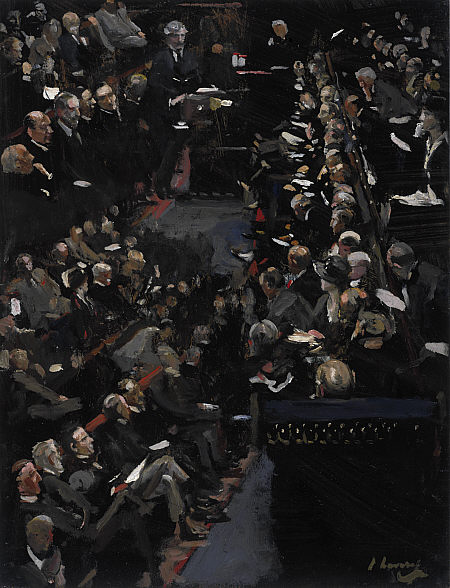SKM, who is a man, writes:
I enjoyed your discussion last year on Paul Elam and his call to exonerate all rapists. It’s encouraging that there are a few websites critical of feminism that aren’t dominated by “MRAs” and “masculinists.” I especially enjoyed the comments of Jesse Powell. It’s also encouraging to know that I’m not the only who both detests, and understands, the “men’s movement.”
With some exceptions, MRAs are left-liberals, cultural determinists, and sexual egalitarians. These ideologues espouse the same dogmas and myths as orthodox feminism, with one major exception, and support 80-90 percent of the feminist agendum: gender-neutral laws, the ERA, androgynous pedagogy, the feminized military, women in combat and female conscription, and the sexual integration of all jobs and areas of the workforce, including police forces, jails, prisons, coal mines, factories, construction, etc.
They believe that men and women and boys and girls are exactly the same apart from rudimentary physical differences; that virtually all dispartities in sexual “roles” and behavior are culturally-derived and/or imposed. They’re motivated and defined by a compulsion to perfect interchangeable sexes. They envision a utopian society in which men and women and boys and girls are fully equal in virtually all areas and aspects of life and in which all manifestations of “sexism” and “gender stereotyping” are eliminated.*** (more…)







